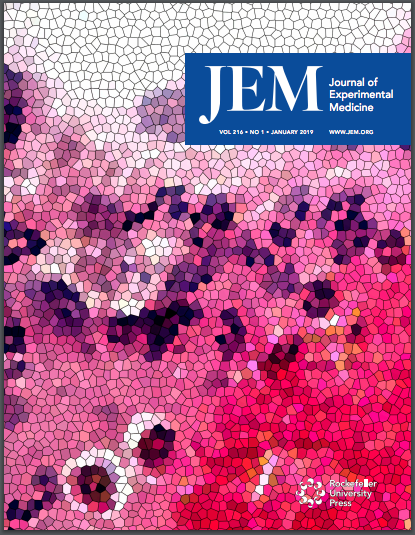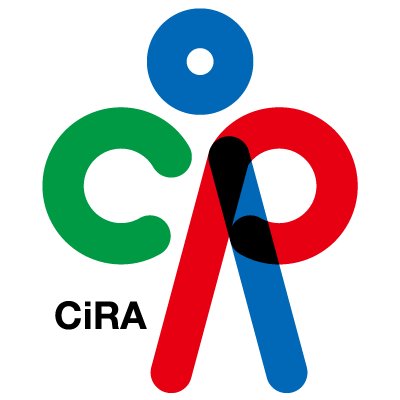 The authors of a 2013 paper on antibody production in patients with rheumatoid arthritis have retracted the work in what looks to us like a case study in how to handle operator error.
The authors of a 2013 paper on antibody production in patients with rheumatoid arthritis have retracted the work in what looks to us like a case study in how to handle operator error.
The paper, “Monoclonal IgG antibodies generated from joint-derived B cells of RA patients have a strong bias toward citrullinated autoantigen recognition,” was published in the Journal of Experimental Medicine by a group from the Karolinska Institutet (KI) in Sweden and elsewhere, and has been cited 128 times, according to Clarivate Analytics’ Web of Science. The last author, Vivianne Malmström, is a specialist in cellular immunology at the KI.
Here’s an excerpt from the lengthy notice: Continue reading Group issues model retraction over antibody error







